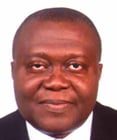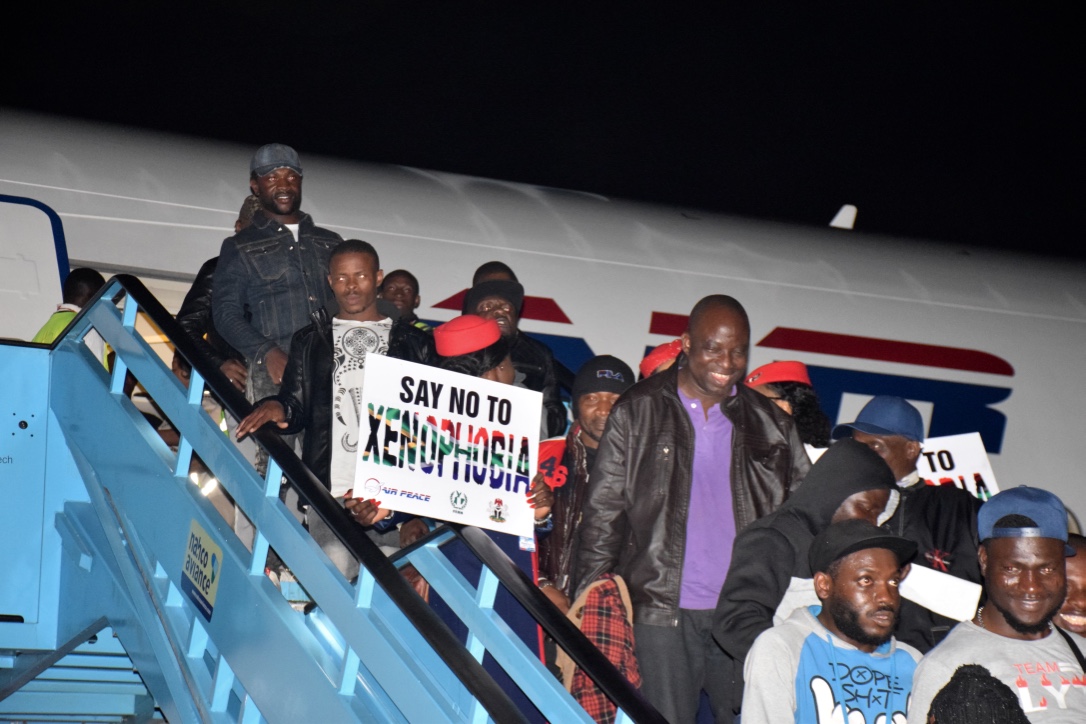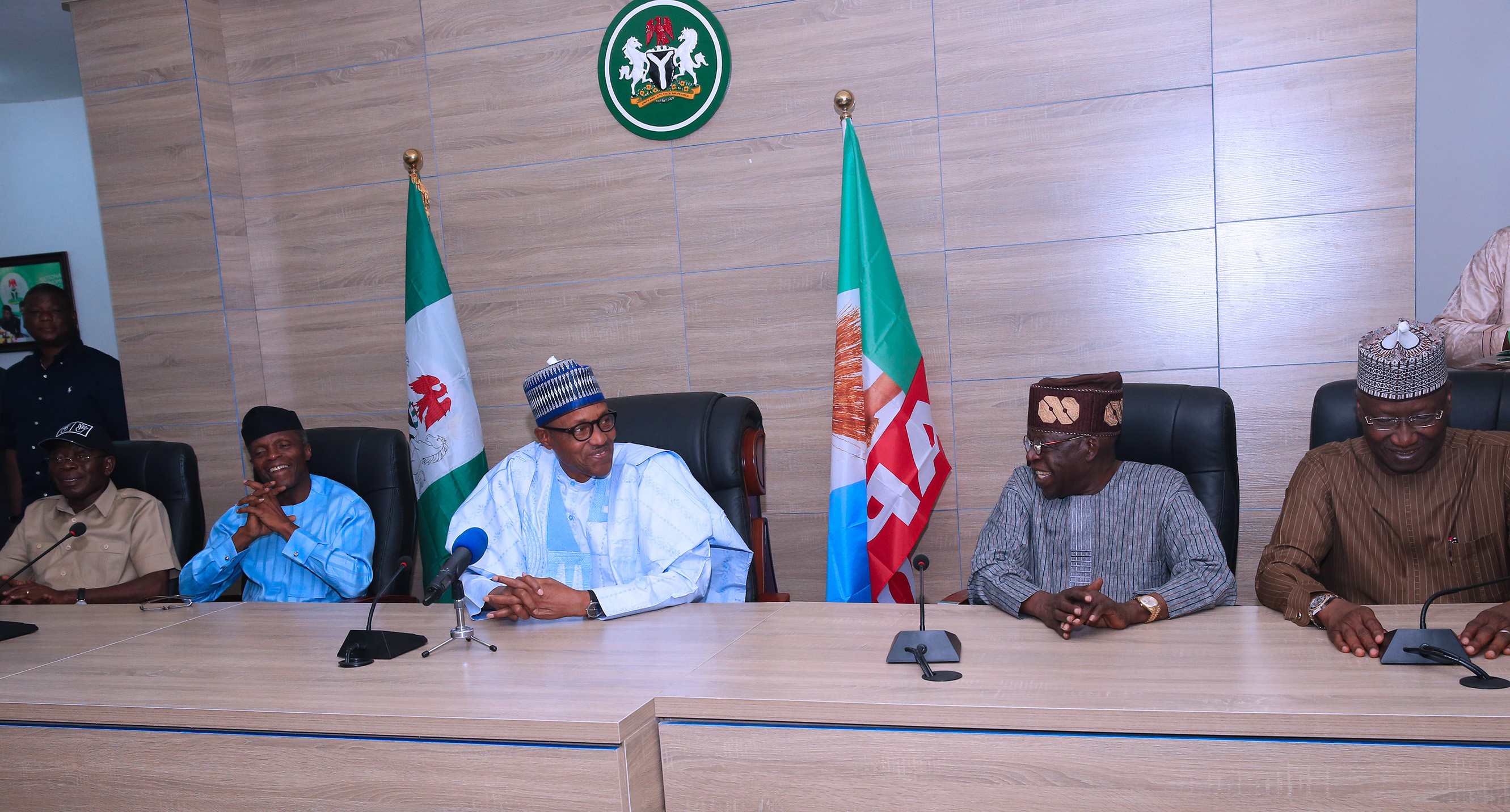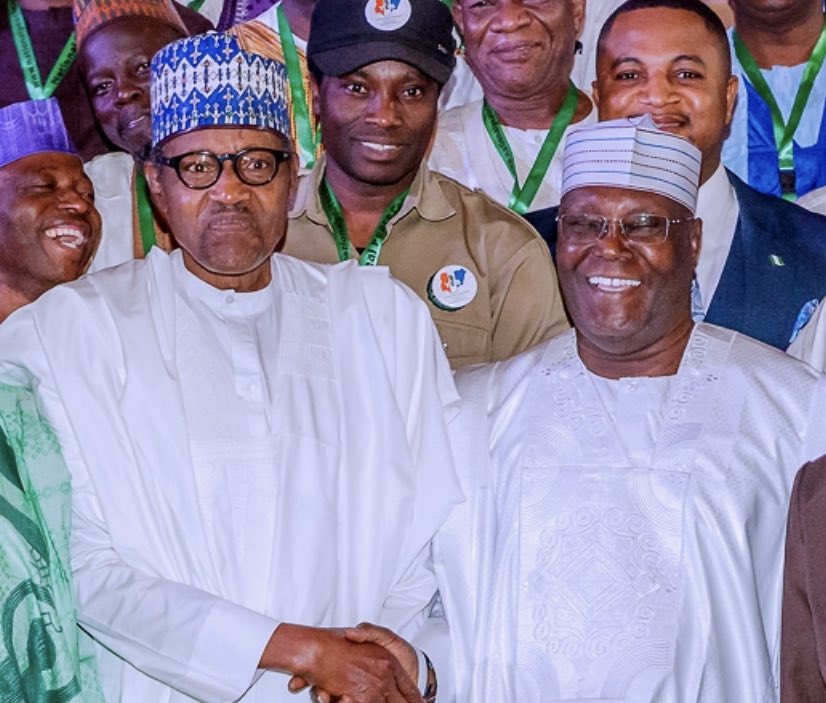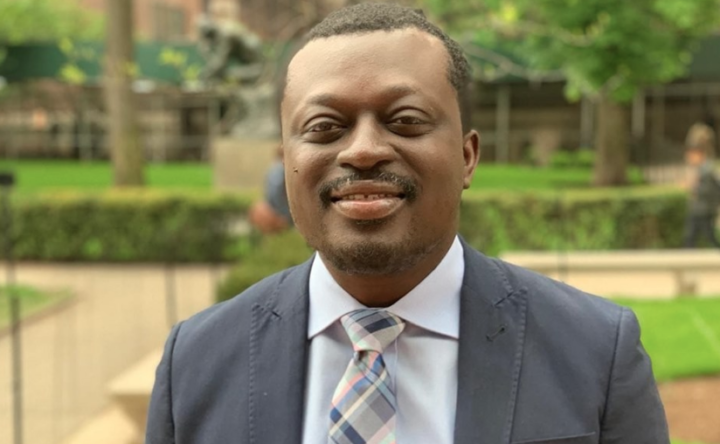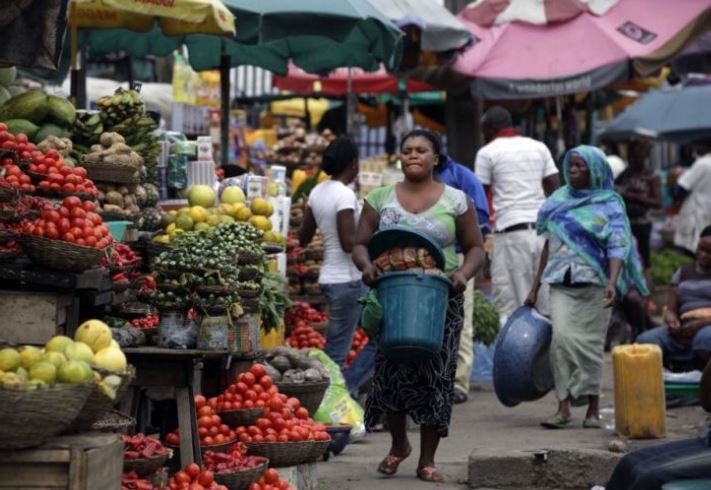Africa’s population – a continent that is home to 54 countries – is about 1.3 billion people and Black Africans constitute about 80% of the population. Frequently described as the world’s poorest continent, financial institutions such as the International Monetary Fund (IMF) and the World Bank are keen to see Africa rise and unleash its potentials in the age of globalisation. According to available IMF data, Africa was the world’s fastest growing continent at 5.6% a year six years ago, and GDP is expected to rise by an average of over 6% a year between 2013 and 2023.
This perhaps explains why Nigerian billionaire, entrepreneur and investor, Tony Elumelu, has been advocating Africapitalism, a concept he developed which is simply a vision for building sustainable businesses in Africa. But if we stretch it further, Elumelu says Africapitalism is an economic philosophy which places a lot of premium on the African private sector as having the power to transform the continent through long term investments, creating both economic prosperity and social wealth. In furtherance of this noble objective, Elumelu, through his Foundation, committed $10 million every year since 2014 to build a generation of young entrepreneurs across Africa over 10 years.
Aliko Dangote, another Nigerian and Africa’s richest businessman, has his investment footprint all over Africa, creating employment and boosting the value chains of local economies. Then add Mo Ibrahim, another African billionaire businessman, to this distinguished list. His Foundation is focused on promoting governance and leadership issues that are critical for Africa’s overall development. Whether we like to acknowledge it or not, political leadership still ranks as the biggest challenge in Africa. If African entrepreneurs and investors such as the examples cited above are pointing the way forward for Africa to become the next economic frontier of the world, we are comforted by transformational leaders such Paul Kagame of Rwanda for the giant strides he has taken to put his country on the world map after the Rwandan genocide of 1994.The story of how the hutus decimated the tutsis in an unnecessary warof attrition is better forgotten but the recent episodes of xenophobic attacks in South Africa are too similar to be ignored: black brothers fighting themselves in what is better described as “hate crime”.To make matters worse, Nigerians were largely targeted in the attacks more out of envy and jealousy than anything else – and this led to the reprisal attacks through mob action in Nigeria.
It is such a shame and disgrace that black people in Africa will hate and kill themselves as if we are still in the dark ages. What has come upon us? Where did the blight and bad spirit of hate originate from when the world is discussing artificial intelligence and space tourism? When white people discriminate against people of colour, we call it racism but when blacks hate blacks, what should we call it? Xenophobia? By the last time I checked, Xenophobia is the “fear or hatred of that which is perceived to be foreign or strange”. It is therefore evident that South Africans are acting in bad faith; they are not displaying ‘brotherly love’ to their African brothers because of what they call ‘fear of domination by foreigners’.
Advertisement
But I would rather call it lack of self-esteem, lack of faith in their abilities, pettiness, envy, jealousy and maybe laziness. It is totally unacceptable that in this day and age, South Africans would open ask fellow Africans whom they call ‘foreigners’ to leave their country. Is it really possible for every Nigerian to leave South Africa or any other African country for that matter? It does not make any sense because cross border migration promotes friendship, international co-operation, mutual understanding and cultural exchanges.
As the late Martin Luther King Jr, the American Baptist minister and civil rights activist noted in his famous ‘I have a Dream’ speech many years ago, what is important is not the colour of our skin but the content of our character. Every African, whether white or black, especially South Africans, must wake up to the message of Martin Luther King Jr of blessed memory. Violence does not recognise any colour or tribe and we must rise above our pettiness and fear of the unknown, and embrace the vision of growth and development of the continent which is inspired by leading African entrepreneurs and investors. Let us begin to constructively engage each other in atmosphere of peace to achieve greatness.
Nigeria’s population of over 200 million people – roughly one sixth of the African population — literally means we can “over run” any African country, especially West African countries.It is projected that our population will double to 400 million by 2050 by which time Nigeria will be the third most populous nation on earth after China and India! Nigeria currently ranks number seven in the world after China, India, United States, Indonesia, Brazil and Pakistan in that order. Nigerians travel regularly and there’s no part of the world where you will not find a Nigerian. Every country boasts of good and bad ‘ambassadors’ and it is unhelpful to rubbish the reputation of a country because of a few bad eggs – they are usually in the minority.
Advertisement
Whereas our African brothers at every turn are trying very hard to blame Nigerians for their troubles even when they are self-inflicted, this is not exactly the case. Nigerians are known to be smart, aggressive, caring, friendly and hardworking but our African brothers — especially from South Africa, Ghana and Kenya — are not always free and comfortable in the company of Nigerians. We show love to our African brothers, but what do we get in return? Contempt, insults and lack of respect because of what is now clearly established as “hate crime”. This is wrong and a disturbing pattern of behaviour that will not help anyone.
We should be our brother’s keepers; we should be able to travel safe and feel at home in any African country without looking over our shoulders. This is where African leaders and the political class must step in with courage and promote a sense of community and African brotherhood built on the foundation of mutual respect. We can and must join hands together to unleash the economic potentials of Africa that will guarantee prosperity of the continent.It will be such a shame if we cannot trust each other enough to achieve this objective. If we build the Africa of our dream, it will stem economic migration to Europe and other far flung places; otherwise we would end up creating monsters that would come after us!
We have families, friends and colleagues in different parts of the world who through dint of hard work have built successful careers and businesses. I call them “Nigerian Heroes”. If they feel unsafe and unwanted wherever they maybe, it affects our common humanity in the age of rapidly growing digital technologies and globalisation.
In spite of all our challenges at home – we know them and they are many – Nigeria still remains Africa’s big brother. Ask Multichoice/DSTV, Shoprite and MTN, Nigeria is where they earn most of their revenue in the whole of Africa. It does not matter that Toyota established their factory in Ghana or that Mercedes did the same thing in Rwanda. In the fullness of time, Nigeria will rise to its full potential in a manner that will surprise everyone.
Advertisement
Braimah is a public relations and marketing strategist based in Lagos
Views expressed by contributors are strictly personal and not of TheCable.
Add a comment
